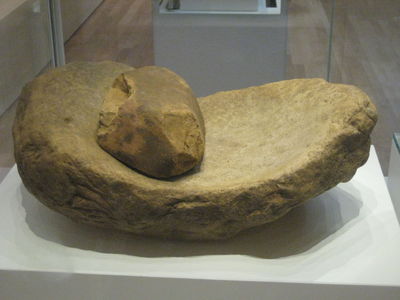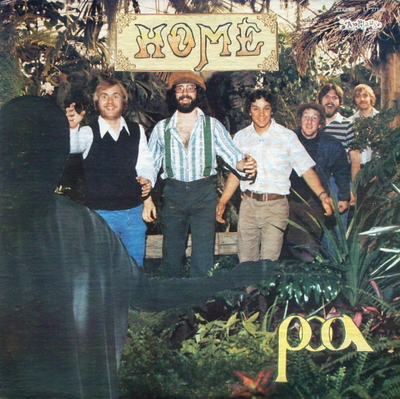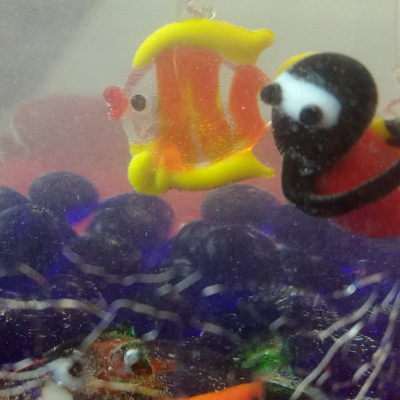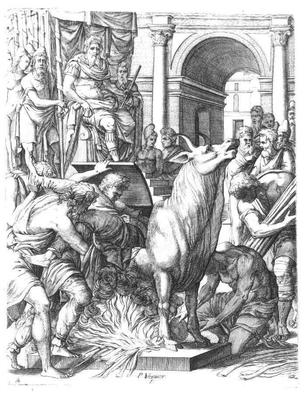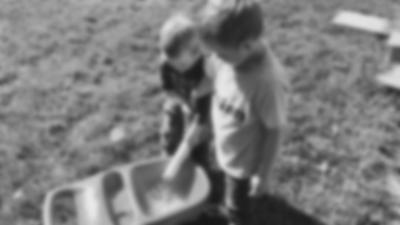Stats | WELLSPRING
A response to the "small group questions" for the 24 February 2019 message at First Pres, Boulder. [1]
Then someone called from the crowd, “Teacher, please tell my brother to divide our father’s estate with me.”
Jesus replied, “Friend, who made me a judge over you to decide such things as that?” Then he said, “Beware! Guard against every kind of greed. Life is not measured by how much you own.”
Then he told them a story: “A rich man had a fertile farm that produced fine crops. He said to himself, ‘What should I do? I don’t have room for all my crops.’ Then he said, ‘I know! I’ll tear down my barns and build bigger ones. Then I’ll have room enough to store all my wheat and other goods. And I’ll sit back and say to myself, “My friend, you have enough stored away for years to come. Now take it easy! Eat, drink, and be merry!”’
“But God said to him, ‘You fool! You will die this very night. Then who will get everything you worked for?’
“Yes, a person is a fool to store up earthly wealth but not have a rich relationship with God.”
excerpt from the New Living Translation of the Gospel of Luke [2]
What is a detail or insight you notice that you’d like to explore more fully?
I don't know. I feel blessed to have the life that I have, and the means that I have, and the possessions that I have; but I carry no pretense that any of it is because of how great I am. The life I have seems so improbable to me that I can only credit it to God.
I am sometimes anxious about my possessions; but it's not about amassing wealth. My anxiety is more about my ability to provide for my family. For my wife and children. That they will have a home, and food, and health. With that, my philosophical and theological focus falls more on Christ's teaching in Matthew 6.
“Look at the birds. They don’t plant or harvest or store food in barns, for your heavenly Father feeds them. And aren’t you far more valuable to him than they are? Can all your worries add a single moment to your life?
“And why worry about your clothing? Look at the lilies of the field and how they grow. They don’t work or make their clothing, yet Solomon in all his glory was not dressed as beautifully as they are. And if God cares so wonderfully for wildflowers that are here today and thrown into the fire tomorrow, he will certainly care for you.”
So with the theology out of the way, my attention in this passage from Luke is drawn more to Christ's refusal to serve as judge between the brothers. It makes me wonder what would have happened if the someone had said, "Teacher, our Father has appointed you judge over us; and we submit ourselves willingly to your judgement. What you say, we will do."
How do you understand the warning in v.15, ‘watch out’?
Then he said, “Beware! Guard against every kind of greed. Life is not measured by how much you own.”
How might that warning still apply to our community? And to you personally?
While I don't look at my own possessions and feel a sense of self-worth from them, I do admit that I look at others who appear to have more than I do and feel inadequate. I must fight against this kind of comparison, and rejoice in the blessings others have been given as much as I thank God for mine.
To the same extent, while I do value the work that I do, I must not let the pursuit of wealth take priority over the commandment to love God and my neighbor [3]. I have been presented with that choice to almost comedic effect in the past, and I believe that I have chosen well. I hope (and pray) that this continues; but that if I loose sight
It seems like there is much wise about the man’s planning and business sense in vv.16–18. Where has he gone wrong?
Eric made a big deal about this perspective in his sermon, and it speaks to his perception of his audience. Boulder has a reputation for a certain success-driven priority; but I think it's misguided to consider the man's actions wise. I compare this to the parable of the three servants (or the parable of the talents).
“Then the servant with the one bag of silver came and said, ‘Master, I knew you were a harsh man, harvesting crops you didn’t plant and gathering crops you didn’t cultivate. I was afraid I would lose your money, so I hid it in the earth. Look, here is your money back.’
“But the master replied, ‘You wicked and lazy servant! If you knew I harvested crops I didn’t plant and gathered crops I didn’t cultivate, why didn’t you deposit my money in the bank? At least I could have gotten some interest on it.’
“Then he ordered, ‘Take the money from this servant, and give it to the one with the ten bags of silver. To those who use well what they are given, even more will be given, and they will have an abundance. But from those who do nothing, even what little they have will be taken away.’”
excerpt from the New Living Translation of the Gospel of Matthew [4]
The "rich fool" doesn't consider his wealth a blessing that he has been entrusted with; but the work of his own hands, to be treasured and experienced all for himself. Even so, it's no different from the servant with the one bag of silver. Both fail to be proper stewards of what they have been entrusted with.
What does Jesus’ conclusion mean, to be rich toward God? What step needs to happen in your heart and life this week?
Translation divergence answers this question with a certain presupposition, that "to be rich towards God" is to have "a rich relationship with God." But I like the somewhat awkward use of the word "toward" as seen in the ESV, the NASB, and even the NIV. To me it places the focus on direction and on orientation, rather than possession. To be rich towards God is not even to possess the things of God: only to prioritize and value the path and direction that God has laid for you, and that leading to him.
